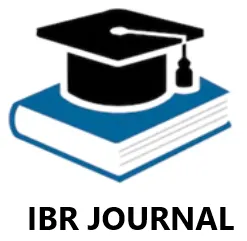Abstract
Work-life balance is becoming increasingly significant in human resource
management. Achieving work-life balance for employees requires a clear
understanding of both work and non-work responsibilities, along with proactive management that consistently addresses staff concerns regarding this balance. Government staff in Myanmar is struggling with numerous competing responsibilities, including caring for children, supporting a spouse, managing family duties, and attending to aging parents. The study was limited to one government organization and, therefore, may not have been generalizable to other government organizations in Myanmar. The objectives of this study are to examine the work-life balance conditions of government staff, analyze the relationship between influencing factors and work-life balance, and identify the key determinants affecting work-life balance among government employees in Nay Pyi Taw. The study explores the impact of workload, workplace communication, stress, well-being, human resource management practices, and family responsibilities on the work-life balance of government staff in Nay Pyi Taw. A total of 176 government employees participated in the study, with primary data collected using a simple random sampling method. This study utilized regression analysis to examine the relationships between various factors influencing work-life balance among government staff in Nay Pyi Taw. The
study found that workload has a weak positive impact on work-life balance, while workplace communication and well-being exhibit a fairly strong positive effect. Workload stress doesn’t significantly affect work-life balance, but stress reduction, mental health creativities, and job satisfaction are important. HRM practices, organizational culture, and family responsibilities also contribute to Work-Life Balance (WLB). Employees actively seek ways to balance their professional and personal obligations. This study recommended that Governments should introduce wellness initiatives, such as stress management and time management programs, and offer on-site wellness facilities. Implementing these policies and supporting WLB
initiatives, such as flexible work arrangements, and job-sharing, can help employees balance professional and personal responsibilities. These initiatives can enhance employee loyalty, and contribute to long-term growth for organizations.
Author: MYO THANT

Leave a Reply